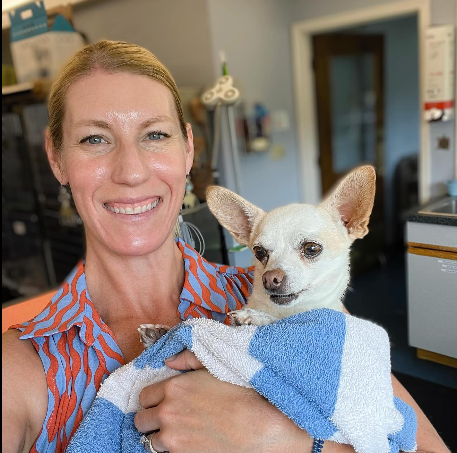Taking care of fleas on your German Shepherd is crucial to preserving their comfort and well-being. In addition to being uncomfortable, fleas can result in a number of health problems. To maintain a pleasant and healthy environment for you and your faithful friend, it is essential to control and get rid of these pests from both your dog and your living area. By putting into practice efficient methods, such as preventative measures and targeted treatments, fleas can be eliminated and future infestations can be avoided, giving your German Shepherd greater comfort and enjoyment.
Getting rid of the fleas on your German Shepherd is a must
It’s imperative that you rid your German Shepherd of fleas. Not only can fleas make your dog uncomfortable, but they can also result in a number of health problems. To maintain a pleasant and healthy environment for you and your faithful friend, it is imperative that you act quickly to remove these pests from both your pet and your living area. To provide a more pleasurable experience for your German Shepherd, effective strategies—such as tailored treatments and preventive measures—are essential for eliminating fleas and preventing new infestations.
Veterinarian-Recommended Treatments: For safe and efficient treatment, take flea treatments as prescribed by your veterinarian.
Regular Bathing and Grooming : Use flea treatments designed specifically for dogs and brush your dog with a fine comb to get rid of fleas and their eggs.
.
Environmental Control: To get rid of fleas in the living area, give your home a complete cleaning, vacuuming, washing bedding, and applying flea treatments at home.
Preventative Measures: Treat against fleas once a month to prevent infestations in the future.
Consult a Veterinarian: For flea treatment and preventive strategies customized to your German Shepherd’s requirements, consult a veterinarian.
Stay on Top of Flea Prevention
Maintaining regular flea prevention is essential for the health of your pet. Maintaining a proactive approach aids in preventing these bothersome parasites from infecting your dog. Make regular use of flea treatments prescribed by your veterinarian, keep your home tidy, and take preventative steps to make sure your German Shepherd is in a flea-free zone. By taking preventative measures, you can protect your pet from flea irritation and other health problems.
Use Flea and Tick Repellent
It’s essential to use flea and tick repellents to protect your pet from these frequent parasites. These repellents, which are made to efficiently ward off fleas and ticks, are available in a variety of formats, including as topical treatments, collars, sprays, and oral pills. Topical remedies offer long-lasting protection by being administered directly to your pet’s skin. Active chemicals in flea and tick collars repel these pests and surround your pet with a barrier. Sprays can also be used to kill and repel fleas and ticks from your pet’s coat or from outside.
Systemic protection is offered by oral medicines, which are frequently administered by veterinarians. When a pest bites your pet, these stop it from living. It’s crucial to carefully follow the directions on these repellents because using them improperly can have negative consequences. When choosing the best repellant, take your pet’s age, weight, and any underlying medical concerns into account. By using these repellents on a regular basis in accordance with the suggested schedule, you can help keep your pet comfortable and healthy while lowering the risk of diseases that these parasites can spread. It is advised to speak with a veterinarian to choose the repellant that is safest and most effective for your pet.
Treat Your Home
Certainly! When treating your home for fleas, here’s a more detailed approach:
1. Vacuum: All carpets, rugs, and upholstery thoroughly. Observe carefully the places where your German Shepherd spends his or her time. To stop reinfestation, dispose of the vacuum bag or empty the canister.
2. Cleaning: Launder your pet’s bedding, your bedding, and any fabric materials your dog frequently uses. Use hot water and a high-heat drying cycle to kill flea eggs and larvae.
3. Environmental Products: Apply flea repellent products intended for household usage. Foggers, powders, and sprays can all be useful for treating your house. To treat afflicted areas and stop reinfestation, closely adhere to the directions.
4. Regular Cleaning: Make sure your home is always tidy by vacuuming and cleaning frequently. This lessens the likelihood that flea infestations will happen again.
By implementing these strategies, fleas are successfully removed from your living area, providing a more pleasant and flea-free atmosphere for your German Shepherd and you.
Clean up After Your Dog Outside
Keeping your outside spaces clean after your dog is essential to preventing fleas. By routinely cleaning up your dog’s excrement, you can keep fleas from nesting in your yard. Dog feces serve as an excellent breeding ground for fleas, who prefer warm, humid surroundings. You may lower your dog’s risk of flea infestation by getting rid of their waste right away. To prevent potential flea habitats in your yard, properly dispose of rubbish (bag it and put it in the appropriate bin).
Keeping your yard neat also helps get rid of other things that could attract fleas. By regularly cutting back shrubs and mowing the lawn, fleas and their hosts have fewer places to hide. This helps lessen the chance of a flea infestation in addition to making the outside area cleaner and more enjoyable. Keeping your German Shepherd’s living area comfortable and flea-free is enhanced by keeping the outdoor environment clean. When cleaning areas where fleas may be present, wear gloves.
Wash Everything Your German Shepherd Touches
To avoid flea infestations, make sure everything your German Shepherd touches on a regular basis is clean. It’s important to wash your dog’s toys, bedding, blankets, and other things they commonly come into contact with on a regular basis. Fleas, larvae, and eggs can be successfully removed from your pet’s environment by using hot water and detergents that are suitable for pets. This easy-to-follow but crucial procedure keeps fleas from taking up residence in your dog’s dwelling area, protecting their comfort and wellbeing.
Keep an Eye on Your German Shepherd for Signs of Fleas
It is essential to keep an eye out for fleas if you want to keep your German Shepherd comfortable and healthy. Watch out for particular symptoms including increased chewing, licking, or scratching; red or irritated skin; hair loss; or flea filth, which are tiny black particles that resemble powdered pepper, on your dog’s fur. Early monitoring and detection of these symptoms allows for timely intervention, such as flea treatment, to protect your pet’s health and avoid any possible problems caused by fleas. Frequent inspections and prompt detection of symptoms facilitate prompt action, which facilitates the treatment and eradication of fleas.
Conclusion
It’s critical for your German Shepherd’s health to keep their environment flea-free. You may efficiently prevent and treat flea infestations by taking proactive steps like regular treatments, meticulous cleaning, and close observation. A comfortable and healthy environment for your faithful friend is ensured by routine grooming, housecleaning, and keeping an eye out for fleas on your pet. Being proactive and paying attention helps you make an environment that is not just flea-free but also healthy and happy for your German Shepherd.
Po

Dr. Allison Kramer is a seasoned veterinarian with a Master’s degree in Animal Behavior and over 10 years of experience specializing in canine health and behavior. Her expertise in positive reinforcement training and holistic care enhances the well-being of dogs and fosters strong pet-owner relationships. For expert advice and valuable insights, follow Dr. Kramer on Instagram @dr.allisonkramer.





